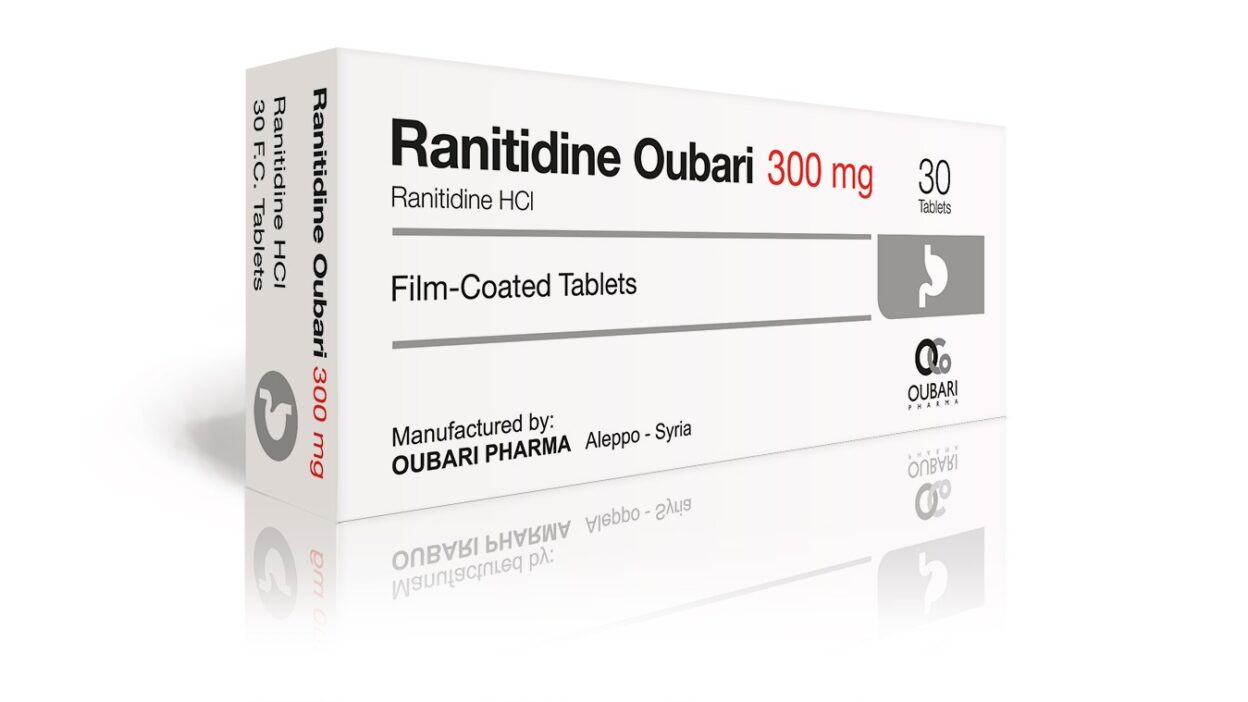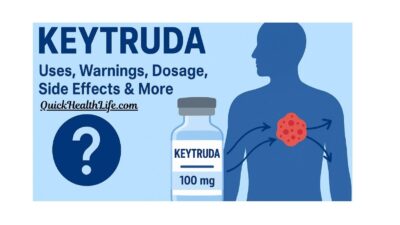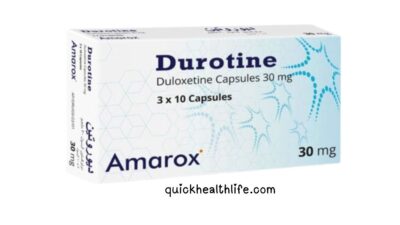🚨 Ranitidine (Zantac) was withdrawn from the U.S. market in 2020 due to cancer-causing impurities (NDMA). This guide explains why it was recalled, its former uses, side effects, and safer alternatives for acid reflux and ulcers.
Table of Contents
Quick Facts About Ranitidine
| Feature | Details |
|---|---|
| Drug Class | Histamine-2 (H2) Blocker |
| Former Uses | GERD, ulcers, excess stomach acid (Zollinger-Ellison syndrome) |
| Recall Date | April 2020 (U.S. FDA) |
| Reason for Recall | NDMA contamination (potential carcinogen) |
| Safer Alternatives | Famotidine (Pepcid), omeprazole (Prilosec), esomeprazole (Nexium) |
Why Was Ranitidine Recalled?
In 2020, the FDA requested a full market withdrawal of ranitidine (brand name Zantac) after tests found N-Nitrosodimethylamine (NDMA), a cancer-causing chemical, in the drug.
🔹 Key Concerns:
- NDMA levels increased over time and when stored at high temperatures.
- Long-term exposure could increase cancer risk.
- The FDA advised discontinuing use and switching to alternative medications.
What Was Ranitidine Used For?
Before its recall, ranitidine treated:
✔ Heartburn & GERD (acid reflux)
✔ Stomach & intestinal ulcers
✔ Zollinger-Ellison syndrome (excess stomach acid)
✔ Erosive esophagitis (stomach acid damaging the esophagus)
Ranitidine Side Effects (Before Recall)
Serious Side Effects
🚨 Seek medical help if you experienced:
- Allergic reaction (hives, swelling, difficulty breathing)
- Liver problems (jaundice, dark urine, stomach pain)
- Pneumonia symptoms (chest pain, fever, cough with mucus)
- Heart rhythm changes (fast/slow heartbeat)
- Unusual bruising/bleeding
Common Side Effects
- Nausea, vomiting
- Stomach pain
- Diarrhea or constipation
- Headache
Ranitidine Recall: What Should You Do Now?
If You Were Taking Prescription Ranitidine
- Consult your doctor for safer alternatives (e.g., famotidine, omeprazole).
- Do not stop medication abruptly without medical advice.
If You Were Using OTC Ranitidine
- Discontinue use immediately.
- Switch to FDA-approved alternatives:
- H2 Blockers: Famotidine (Pepcid), cimetidine (Tagamet)
- PPIs: Omeprazole (Prilosec), esomeprazole (Nexium)
Safer Alternatives to Ranitidine
| Drug Class | Examples | Best For |
|---|---|---|
| H2 Blockers | Famotidine (Pepcid), Cimetidine (Tagamet) | Mild GERD, occasional heartburn |
| Proton Pump Inhibitors (PPIs) | Omeprazole (Prilosec), Esomeprazole (Nexium) | Severe GERD, ulcers, chronic acid reflux |
| Antacids | Tums, Maalox, Mylanta | Quick relief for mild heartburn |
FAQ About Ranitidine
1. Is ranitidine still available anywhere?
No, ranitidine was fully withdrawn from the U.S. market in 2020.
2. What is the safest alternative to ranitidine?
- Famotidine (Pepcid) is the closest H2 blocker alternative.
- PPIs (omeprazole) are stronger for chronic acid reflux.
3. Does ranitidine cause cancer?
The FDA found NDMA (a probable carcinogen) in ranitidine, leading to its recall.
4. Can I take expired ranitidine?
❌ No—expired ranitidine may have higher NDMA levels.
5. What are natural remedies for acid reflux?
- Apple cider vinegar (diluted)
- Ginger tea
- Aloe vera juice
- Lifestyle changes (avoid spicy foods, eat smaller meals)
Final Advice
🚫 Ranitidine is no longer safe due to cancer risks.
✅ Switch to FDA-approved alternatives like famotidine (Pepcid) or omeprazole (Prilosec).
🩺 Consult a doctor if you have severe GERD, ulcers, or persistent heartburn.



